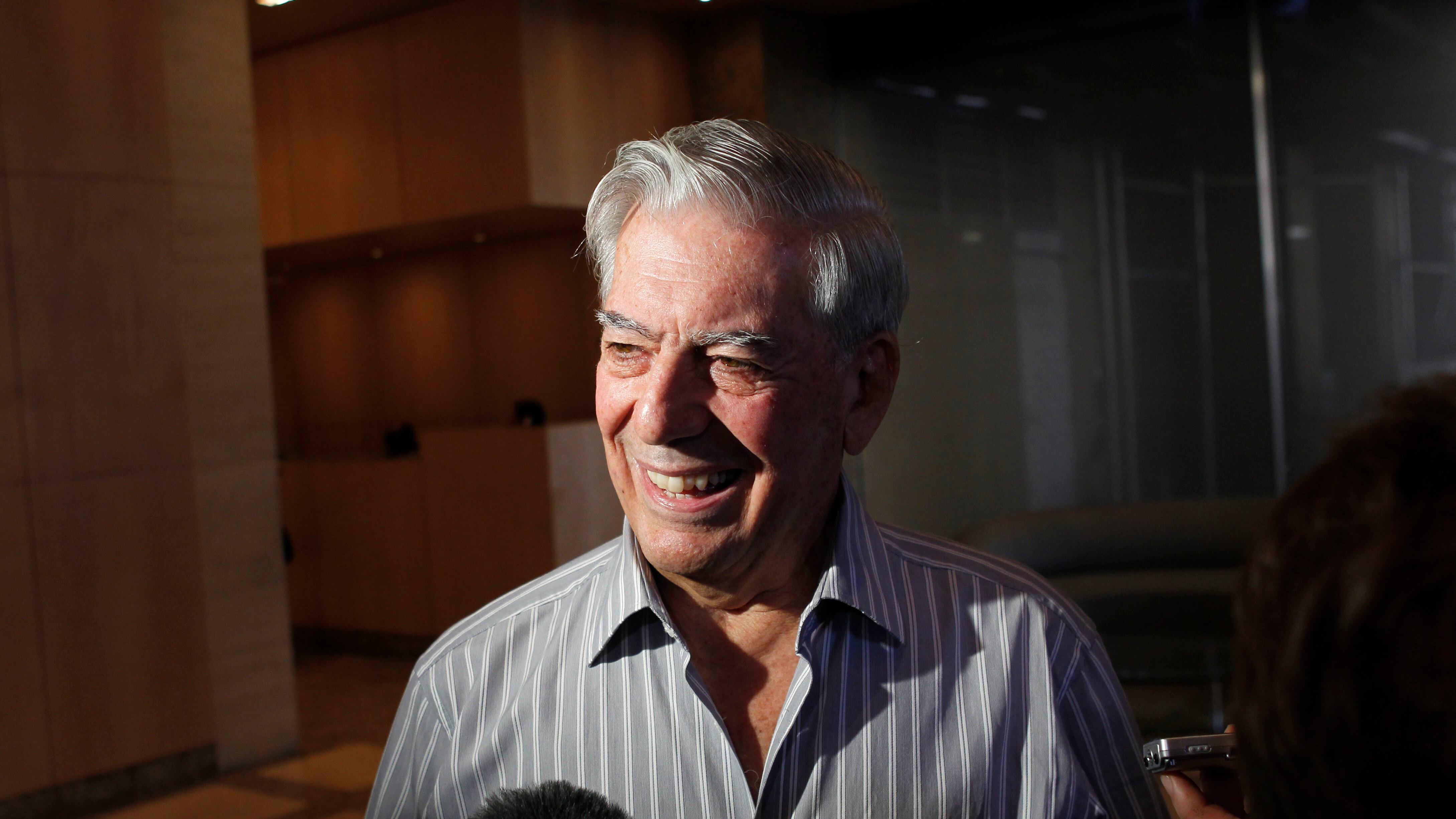LIMA (AP) — Peruvian author Mario Vargas Llosa, Nobel Prize in Literature laureate and giant of Latin American letters, passed away on Sunday, as reported by his son Álvaro Vargas Llosa. He was 89 years old.
PUBLICIDAD
“With deep sorrow, we announce that our father, Mario Vargas Llosa, has passed away today in Lima, surrounded by his family and in peace,” said in a statement on his X social media account, formerly Twitter, in Spanish and English.
He did not report on the causes of death or where the death occurred.
Vargas Llosa: one of the most prominent writers in Latin America in the last 100 years
Prolific novelist, essayist, and recipient of multiple awards, Vargas Llosa received the Nobel Prize in 2010 after being considered a contender for the award for many years.
Jorge Mario Pedro Vargas Llosa was born on March 28, 1936, in the southern city of Arequipa, in the Andes and at the foot of the Misti volcano.
Her father, Ernesto Vargas Maldonado, abandoned his family before she was born. To avoid scandal, her mother, Dora Llosa Ureta, took her son to Bolivia, where her father was consul in Cochabamba.
Then his parents reconciled and the family moved to Lima.
PUBLICIDAD
Vargas Llosa said that his father was very strict and believed that his love for Julio Verne and poetry was a direct route to poverty. He also feared for his son’s “manliness” because he thought that “poets are all sissies.”
Vargas Llosa made his debut with his short story collection “Los jefes” in 1959. But he achieved fame in 1963 with his groundbreaking first novel “The Time of the Hero”, which was inspired by his experience in a Peruvian military school and which angered the military of his country. One thousand copies of the book were burned by the military authorities and some generals labeled the book as false and Vargas Llosa as a communist.
This and his subsequent novels such as “Conversation in The Cathedral” from 1969 quickly established Vargas Llosa as one of the leaders of the Latin American literary boom of the mid-20th century, along with Gabriel García Marquez and Carlos Fuentes.
His first novels reveal a Peruvian world of violence and military arrogance, of aristocratic decadence and indigenous people who have lived for millennia in the Amazon, coexisting with the urban centers of the 20th century.
“Peru is for me a kind of incurable disease and my relationship with it is intense, rough, full of the violence that characterizes passion,” wrote Vargas Llosa in 1983.
In his adolescence, he joined a communist cell and secretly married the 29-year-old Bolivian Julia Urquidi, who was his uncle’s sister-in-law. Their nine years of marriage inspired him to write his novel “Aunt Julia and the Scriptwriter”.
In 1965, he married his cousin Patricia Llosa, who was 10 years younger than him, and together they had three children.
His love-hate relationship with the left in Latin America
Vargas Llosa became a staunch defender of economic and personal freedom, gradually moving away from his communist past and often attacking left-wing leaders in Latin America whom he considered dictators.
Although he was an early supporter of the Cuban revolution led by Fidel Castro, he ended up becoming disillusioned and denouncing Castro’s Cuba. By 1980, he said that he no longer believed in socialism as the solution for developing countries.
In a famous incident that took place in Mexico City in 1976, Vargas Llosa punched García Márquez, who had been his friend and was also a Nobel Prize winner. Years later, he ridiculed him as a “Castro’s courtier.” The reasons for the fight were never clarified, and both writers avoided speaking publicly about it.
Slowly, Vargas Llosa shifted his political tendency towards the free market and conservatism, which caused him to lose the support of many of his Latin American contemporaries and generated criticism of his work.
In 1990, he ran for the presidency of Peru, a country divided by the Shining Path guerrilla and a hyperinflated economy.
But he was defeated by a previously unknown university rector, Alberto Fujimori, who resolved much of the political and economic chaos, but became a corrupt and authoritarian leader in the process.




